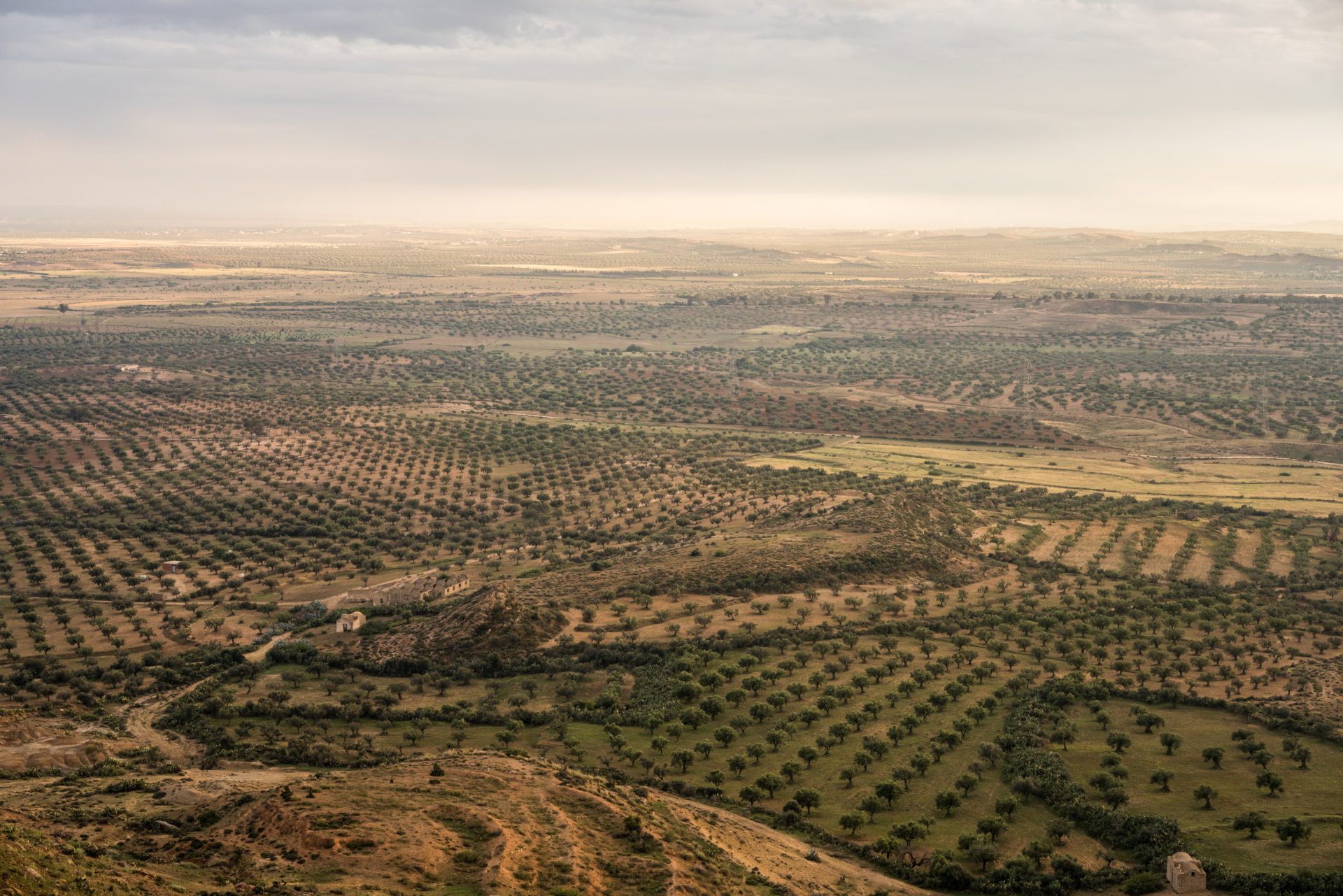President's Note, March 2021
Written by John Seager, President and CEO | Published: March 15, 2021
When Dr. Fauci gives us the all-clear and theaters finally reopen, what will you do if you see smoke when entering a facility? You’ll pull the alarm, of course. That’s the only humane and sensible reaction.
In 1968, Paul and Anne Ehrlich did just that with The Population Bomb when they warned that widespread famine would decimate humanity. Some tagged them as alarmists, alongside Rachel Carson, just as some call Greta Thunberg an alarmist today.
We avoided the worst immediate outcomes back then by sacrificing our precious atmosphere through the use of petrochemicals to boost crop yields. Yet the underlying driver remains the same: rapid population growth.
The Population Bomb was published less than a decade after the Great Famine in China, which took perhaps 30 million lives. And, as it was being written, some 1.5 million people in Africa were dying from famine. So, it’s hardly surprising that hunger threats were front-and-center. At the same time The Population Bomb was released, Norman Borlaug and his team were laying the groundwork for the Green Revolution, for which he received the Nobel Peace Prize in 1970. In his acceptance speech, he warned against complacency in terms of threats posed by population growth.
Yet, the Green Revolution led some to claim that population growth wasn’t a problem and that The Population Bomb was a false alarm. But the evidence clearly shows that there was—and still is—a fire in our global theater. Its main cause, however, appears to be chemical in nature. Specifically, those higher crop yields that reduced famine and hunger are partly due to increased use of petrochemicals for fertilizers, insecticides, and greater mechanization.
Massive use of fossil fuel products is causing our planet to descend into climate chaos. Related to that, we’re in the midst of the Sixth Extinction. Plus, nearly two-thirds of the people on earth may experience water scarcity at least one month each year. At the same time, we’re adding 80 million people to the planet annually. Sounds like a true population crisis, doesn’t it?
We need to listen to respected voices, including those in the Global South, who see the daily toll of misery and destruction directly related to rapid population growth. We live in alarming times, so we must still raise the alarm. Complacency is not our friend.
Want to Have a Conversation About Population?
What do a longtime educator in the Alaskan bush, the former head of a national medical society, and a retired moose manager in Minnesota have in common? They’re all longtime Population Connection members with whom I’ve had great conversations recently about how they came to be interested in population stabilization. If you’d like to share your own story with me or just discuss our issue, you can pick a time by going to calendly.com/population/talk. Or you can just email me at john@popconnect.org.

